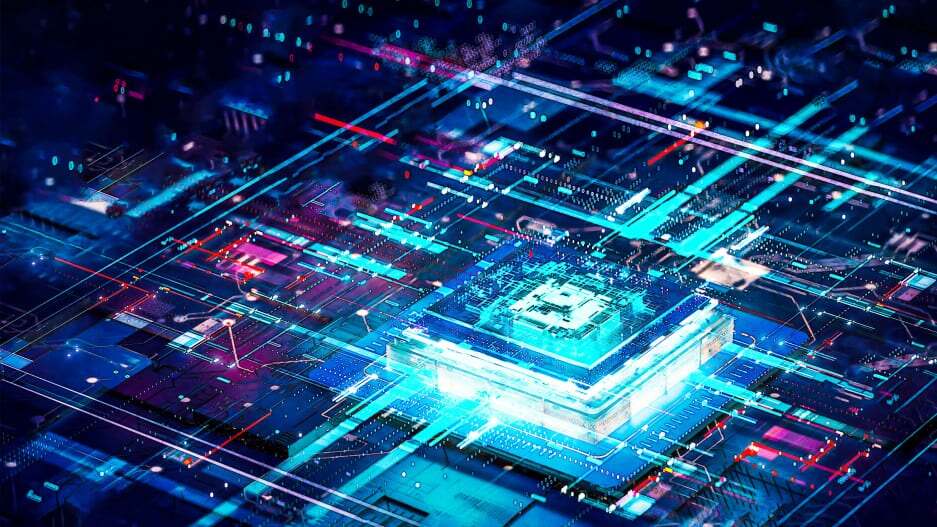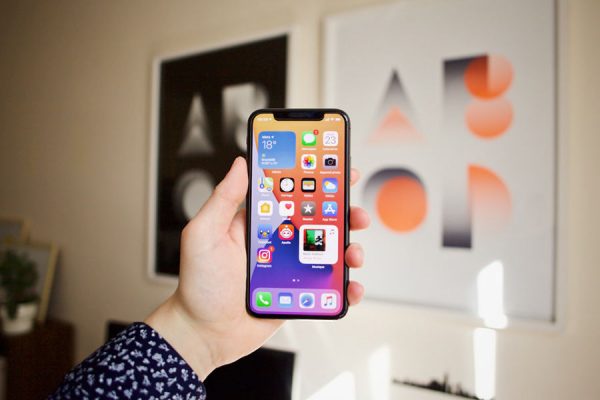
The year is 2024. The tech landscape is in a state of exhilarating flux. Two titans, Qualcomm and Apple, stand at the heart of a monumental battle – the Chip Wars. The prize? Dominating the future of computing, with the laptop crown hanging tantalizingly in the balance.
The Rise of Mobile Powerhouses
Smartphone processors have evolved at a furious pace. Once mere pocket companions, they now boast processing power rivaling, and even surpassing, some laptops. Qualcomm’s Snapdragon 8 Gen 3, with its AI-powered Tensor cores, pushes the boundaries of mobile performance. Apple’s M2 chip, with its unified memory architecture, delivers desktop-grade efficiency in a compact package.
Laptops At a Crossroads
Laptops, once the undisputed kings of productivity, face a reckoning. Consumers crave portability, demanding devices that are lighter, thinner, and offer all-day battery life. Intel and AMD, the traditional laptop chip giants, struggle to bridge the gap between performance and power efficiency, leaving room for the nimble giants of mobile to make their move.
The Smartphone Onslaught
So, where do smartphones enter the fray? Enter innovative software like Samsung’s DeX and Huawei’s EMUI Desktop Mode. These platforms transform smartphones into desktop powerhouses, connecting to external monitors, keyboards, and mice. Add seamless cloud integration, and the line between smartphone and laptop starts to blur.
Challenges on the Horizon
Despite the allure of these hybrid devices, challenges remain. Smartphone screens, while improving, struggle to match the real estate of a laptop. Multitasking capabilities, while enhanced, still lack the intuitive drag-and-drop fluidity of dedicated operating systems. And for professional applications, software compatibility remains a stumbling block.
Can Smartphones Claim the Crown?
While unlikely to completely replace laptops, smartphones are undoubtedly pushing the boundaries of mobile computing. The Chip Wars of 2024 is a testament to this. Companies like Qualcomm are actively developing chips specifically designed for “laptop-class” experiences on smartphones.
A Symphony of Innovation
This isn’t a zero-sum game where one device replaces the other. It’s a symphony of innovation where each device pushes the boundaries of the other, ultimately benefiting the user. Imagine a future where laptops harness the mobile efficiency of smartphone chips, while smartphones tap into the powerful software ecosystems of laptops.
The Future Takes Shape
The 2024 Chip Wars are a glimpse into the future of computing. It’s a future where devices become increasingly versatile, bending to our needs rather than the other way around. Laptops might not relinquish their crown entirely, but they will undoubtedly be reshaped by the relentless march of mobile powerhouses.
Predictions and Possibilities
Here are some potential scenarios for the post-Chip Wars landscape:
- Hybrid Domination: Smartphone-powered “laptop replacements” with detachable screens and desktop-class software gain market share.
- The Software Shift: Optimized operating systems specifically designed for hybrid devices bridge the gap in functionality.
- Cloud Dependency: Cloud-based applications remove the need for powerful local hardware, further blurring device lines.
- Specialization Thrives: Laptops retain their niche for specific tasks like high-end gaming or professional software, while smartphones become productivity powerhouses for the masses.
The User Wins
Ultimately, the Chip Wars of 2024 are a win for us, the users. We are the beneficiaries of this relentless pursuit of innovation. We will get devices that are lighter, faster, more efficient, and better suited to our ever-evolving needs. So, while we may not know who will wear the crown in the end, one thing is certain – the future of computing is exciting, and the possibilities are endless.
Beyond the Battlefield: Exploring New Frontiers
As the dust settles on the Chip Wars of 2024, the focus may shift to new frontiers. Wearables offering augmented reality experiences, foldable devices blurring the lines between phone and tablet, and brain-computer interfaces are just a few possibilities on the horizon. The battle for computing supremacy may have a new battlefield, but one thing remains constant – the user’s desire for better, faster, and more seamless experiences will continue to drive innovation forward.
This article is just a starting point for exploring the future of computing. As the Chip Wars of 2024 unfold, and technology continues to evolve, it’s up to us to engage in informed discussion, analyze the possibilities, and ultimately, shape the future we want to experience.











Leave a Reply